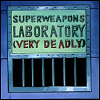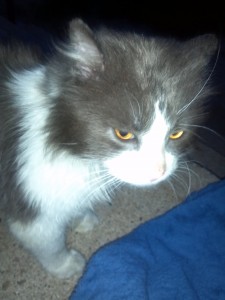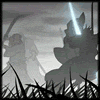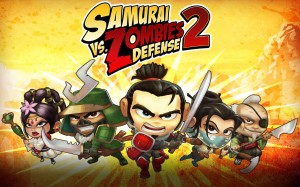
Spring is definitely ushering in a lot of change on my end. Allllllllll good, and forcing me to clean, reorganize, get situated, and uncover new opportunities where I can. I am reinvigorated by the sunshine! Today, though, I put on my serious face. Ready?
A long time ago, I got into an heated argument about author’s intent with respect to Frankenstein. I will never forget this discussion, because my professor claimed that intent didn’t matter. (Never mind that I was surrounded by all of my classmates. I, um… I’ve simmered down quite a bit since then.) She pointed to all the outside influences Shelley had, pointed to what might have inspired her, her past tragedies, building her case. And it was a good case, too. Victorian era life — especially for women — was not the romanticized life often popularized today. All that aside, Shelley wrote Frankenstein on a dare, and Lord Byron’s invitation sparked an idea, one that led to her signature work.
Do I feel that author’s intent matters? Yes and no. Varying degrees of intent will shape many things about a story, but what it can’t and won’t do is guarantee how that work will be received.
Hence the title for my post today, for there has been a lot of discussion lately about the more problematic aspects of fiction online. Namely, how rape, race, and gender are handled, and whether or not it accurately reflects the writer as a person. This is not a new conversation, mind. This is a very old conversation. Ancient. Most horror writers have had to put up with this — even me.
The conversation goes something like this:
“Why are you writing about cultists?”
“Because they’re a good fit for this story, and the cultist implies a certain–“
“HOW DO YOU KNOW SO MUCH ABOUT THE OCCULT? YOU MUST BE A SATAN-WORSHIPPER, ZOMG!”
“Um…”
Women? Yeah, we get it worse. Shelley was not someone who cut up corpses for funsies; she wrote her story on a dare. The comments about horror writers make me giggle, really, because I write in the genre because I like writing in the genre. Not because I want to do those horrible things in real life, nor because I’m promoting that horrible thing, either. There are writers who do promote their world views in their fiction, and some of them come forth and relay that. Even so, promoting a belief doesn’t actually make that person a terrible, evil person. Add in the layer of “I need to promote myself so here’s my shiny, new writer’s platform which is based on this stunningly outrageous belief so I get attention!!” and I need time to sort through that. (See also: a long, windy rant about writer’s platforms.)
And this is where I believe the conversation of author’s intent then deviates to how the reader interprets the work. Currently, this specific point is also where I’m having a huge disconnect, and where I get confused and tired and frustrated. I do think it’s a good idea to critique works and have those hard discussions. This is how the craft improves; this is how writers take new risks, too.
However, I’m not a fan of accusing the author of being a terrible, human being by default, just because they wrote or said something I don’t agree with. (The reverse is also true: popularity and success often excuses the worst sort of human behavior, so I don’t believe the person is an exemplary human being because I love a book that person wrote.) It’d be great if I could discuss certain aspects openly, without being afraid that the author will be attacked by others, or without that author believing I’m attacking her/him, or without someone turning around and doing the same thing to me.
Satan-worshipping is WAY easier than being a writer.*
*cues ominous music*
Now, if only those demonic rituals would conjure me up more words… Who is the Demon of Prose, anyway? Oh right, that’d be me.
* My sarcastic side is poking through. Heh.
Mood: I have coffee. Life is good.
Caffeinated Beverages Consumed: Coffee is the blood that floweth through my veins.
Work-Out Minutes Logged Yesterday: Got sick. (Don’t ask.)
In My Ears: LOUD BRAIN IS LOUD.
Game Last Played: Samurai vs. Zombies and Samurai vs. Zombies 2
Book Last Read: An encyclopedia about the paranormal. Something, something.
Movie Last Viewed: The Matrix
Latest Artistic Project: CLASSES! But… Shoot. Need pictures.
Latest Fiction/Comic Release: Last Man Zombie Standing
Latest Game Release: Mortal Remains
What I’m Working On: Primarily tie-in games work, original comics, short stories, and novels.




